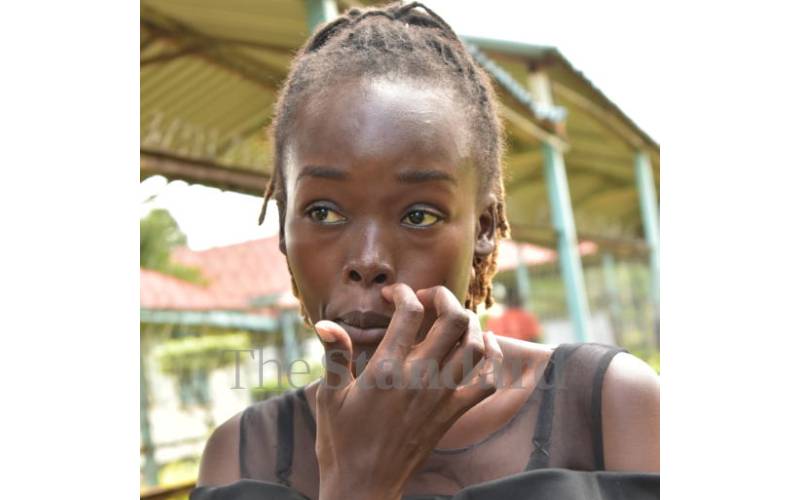×
The Standard e-Paper
Stay Informed, Even Offline

It is now 24 years since Jean Mbayi was diagnosed with sickle cell anaemia.
At 34, Ms Mbayi says her journey with sickle cell has been full of both losses and triumphs but one she is proud of.